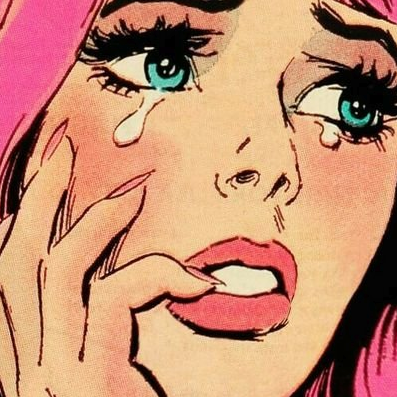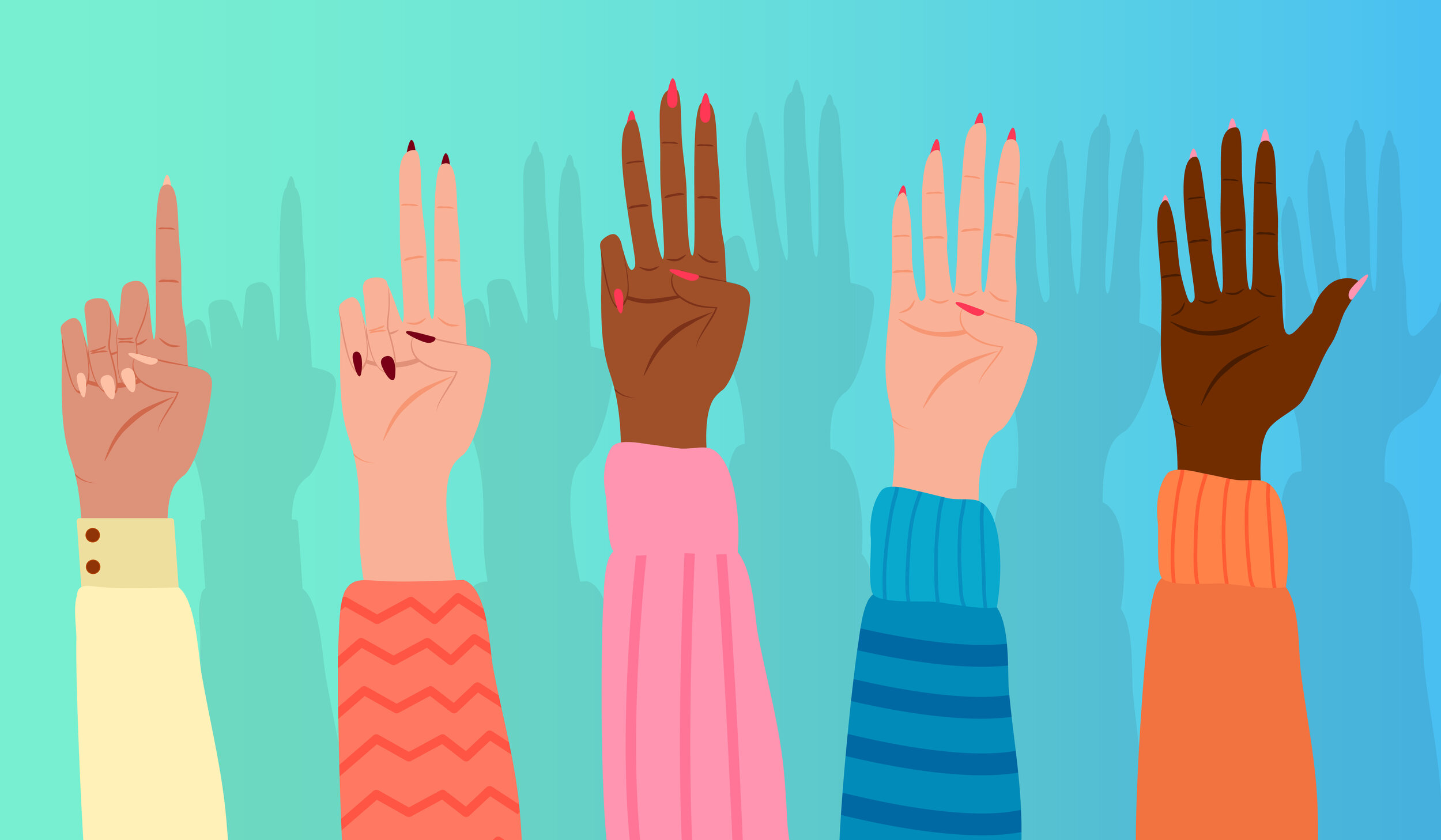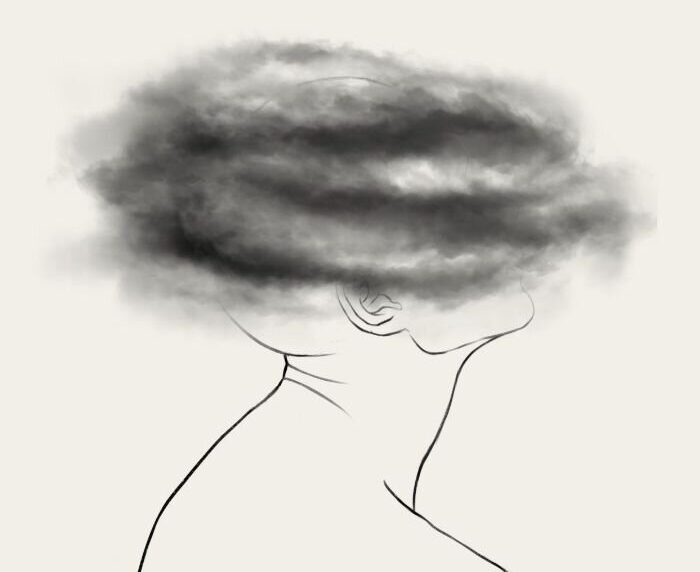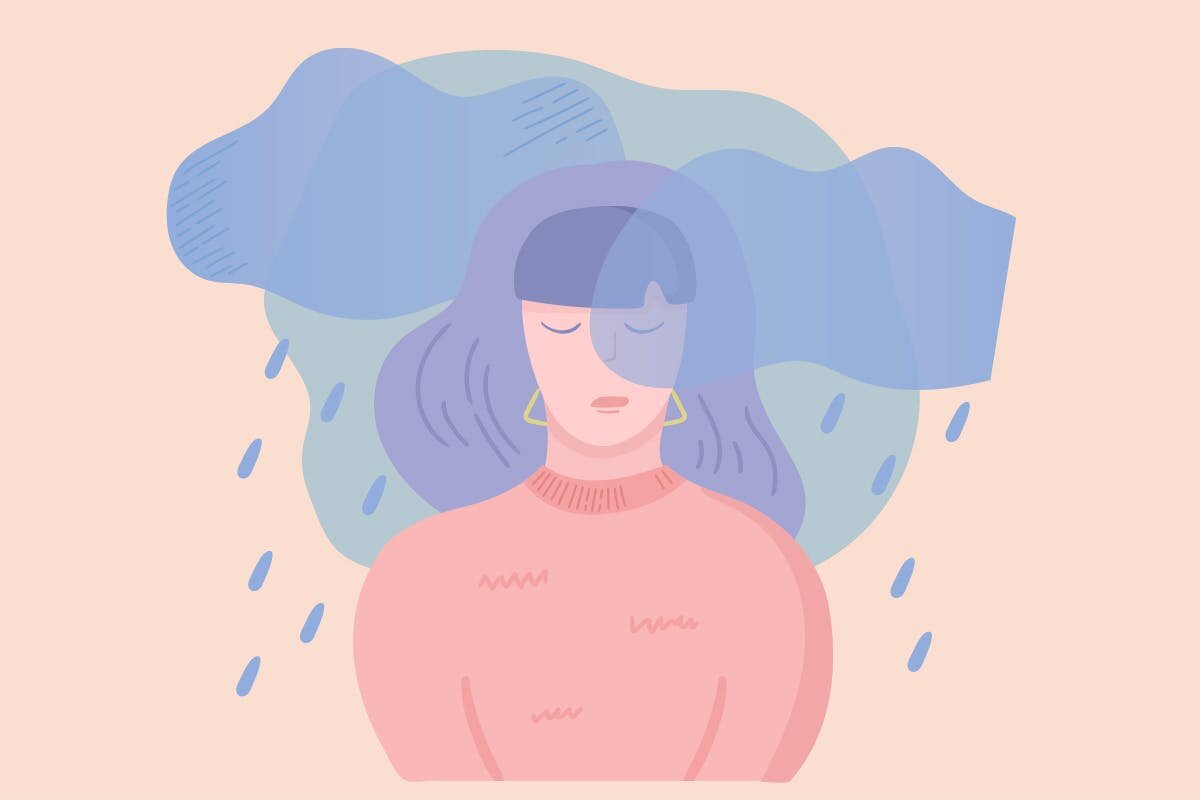
Drama Queen: Living with Histrionic Personality Disorder
By Amber Sloane
Growing up I always had a flair for drama. Self-regulating emotions is a skill many people begin to learn in the early years but was one I seemed to lack. The slightest inconvenience could send me into a complete meltdown; each time unsure how I could ever survive such hardship. “Don’t be such a drama queen” was a statement I heard often.
Looking back now I understand why a meltdown caused by brushing a knot in my hair or my boyfriend not remembering what baby names I liked seemed trivial to those around me, but in that moment those were my feelings and they demanded to be felt.
By the time I was in high school not only was I dramatic but attention-seeking and provocative. Low-cut tops were my best friend and I loved the attention they brought me. I thrived on attention and any glance down my top felt like the validation I always needed and filled me with pride and confidence. It wasn’t enough for someone to like me or find me attractive though, I needed to know why so I could emphasise those parts of myself.
My constant need for attention and admiration made me incredibly susceptible to peer pressure. I feared the word “No” in case it cracked the armour I wore to disguise myself as a carefree and fun person. Self-harm became a regular occurrence for me as a way to deal with all that I felt. When I cut myself I felt all my pent-up emotion leaving my body – I had a dark and mysterious secret and it fuelled me but as time went on it wasn’t enough. Eventually, the idea of suicide and the drama of a funeral appealed to me so much that I terrified myself and finally told my Mum I needed help.
A meeting was set up with my school councillor and the phrases “attention-seeking” and “teenage hormones” was thrown around. That was it.
When I hit my 20s Tinder became my new best friend. Validation and attention were only a right swipe away.
My trap was set with an album of carefully thought-out photos that I could send from the comfort of my bed to convince the man of the week that I was interested and in the moment with him. From my phone I was invincible – I felt powerful.
The problem always arose when we would meet in person. Something inside of me snapped and all of a sudden I was convinced they had to have genuine feelings for me; and why wouldn’t they? Everything I had said and everything I did was perfectly tailored to suit their personality. “I’m not girlfriend material” I’d tell them to appeal to the easy, carefree relationship they were after all while I pined for them to confess their undying love for me so I could relish in rejecting them.
Tinder gave me a new confidence and elevated my need for attention. As I progressed through my 20’s I made incredible friends and we partied together almost every weekend.
The problem with large parties, however, is finding the spotlight – as I had grown so had my need for attention. I was no longer satisfied with a glance in my direction or validation through sex.
I needed all eyes on me or I was uncomfortable and moody. It didn’t take long for my promiscuity to become a common theme at parties as a method for obtaining the spotlight and my friends affectionately called me “Slut.” I didn’t care though, remember I’m carefree and fun, and people loved hearing about my sexual escapades.
The more I spiralled out of control the more powerful I felt. And then I hit rock bottom. I was going through a break-up and was casually sleeping with a guy I had pined after for years who brought out the very worst in me, as I did for him.
You just want me to be another guy who didn’t care in your sad little story.
My world shattered, he was right. The more we manipulated or hurt one another, the more fuel I had to add to my fire of drama and I hadn’t even realised that I had an end goal. I had always had an end goal and it was me rising through the dark and shining bright, being admired for overcoming such trauma, trauma I had intentionally set, relationships I had intentionally sabotaged. I decided to get help.
The next week I visited a therapist and I loved it. Therapy was like being on a talk show and I was the only guest.
I could talk about anything from childhood trauma to feeling annoyed that another Tinder boy didn’t like me. Eventually, my therapist spoke the words that were the first step on the road to a better and more genuine me – “Histrionic personality disorder.”
Histrionic personality disorder (HPD) is a Cluster B personality disorder alongside Borderline personality disorder, Antisocial personality disorder, and Narcissistic personality disorder.
HPD affects both women and men, although it is more predominantly diagnosed in women. Common characteristics of somebody with HPD are; attention-seeking behaviour, hypersexuality, self-dramatization, over-emotional reactions, mood swings, depression, and suggestibility just to name a few.
Sound like somebody you’ve just read about?
My therapist and I began Cognitive Behavioural Therapy (CBT) which gave me tools to self-regulate my emotions and better understand what I began to refer to as “She/Her” or “My evil twin.” It was a long road and She wasn’t always subdued.
HPD affects both women and men, although it is more predominantly diagnosed in women. Common characteristics of somebody with HPD are; attention-seeking behaviour, hypersexuality, self-dramatization, over-emotional reactions, mood swings, depression, and suggestibility just to name a few.
Some days I would wake up feeling like a million dollars, full of confidence and happiness. On days like this, I felt Her stirring though – she demanded a sacrifice. The next day as payment for feeling great I owed my evil twin the validation she needed to survive and I’d find myself Snapchatting a boy I knew would take the bait.
For the first time in my life, I felt dirty and shameful afterward as She retreated into a validation coma until the next time. Telling my family about my diagnosis a lot of lightbulbs went on above a lot of heads. Suddenly things made sense.
My therapist explained that although HPD symptoms often onset in adolescence, professionals are reluctant to diagnose until adulthood because of the already over-emotional state of young people caused by hormones. My diagnosis had been missed throughout my entire high school life because of my raging teenage hormones which meant my HPD was free to blossom.
I’m now several years on from rock bottom.
I am engaged to the love of my life, my relationships are more genuine and I have my dream job where I am often praised for my calm and patient nature.
CBT completely changed my outlook on life and more importantly myself.
I am now able to see the bigger picture within situations and react accordingly.
I was a Covid-19 bride and had to postpone my wedding, and although I shed a tear I was able to tell myself that there was no point in losing it completely because it wouldn’t change the outcome. This reaction was a huge success in being diagnosed appropriately and undergoing CBT.
I am not the person I was 4 years ago, but I thank her for paving the way and helping me become the person I am now.
If you relate to any parts of my story or find it hard to regulate your emotions, therapy is an amazing way to talk through your feelings in a non-judgemental and safe space. https://grow.org.nz/ also offers in-person support groups where you can meet people on a similar journey to share your tips and tricks, and there are many online support groups connecting people from around the world.
Remember – Your mental health is important and you deserve happiness.







